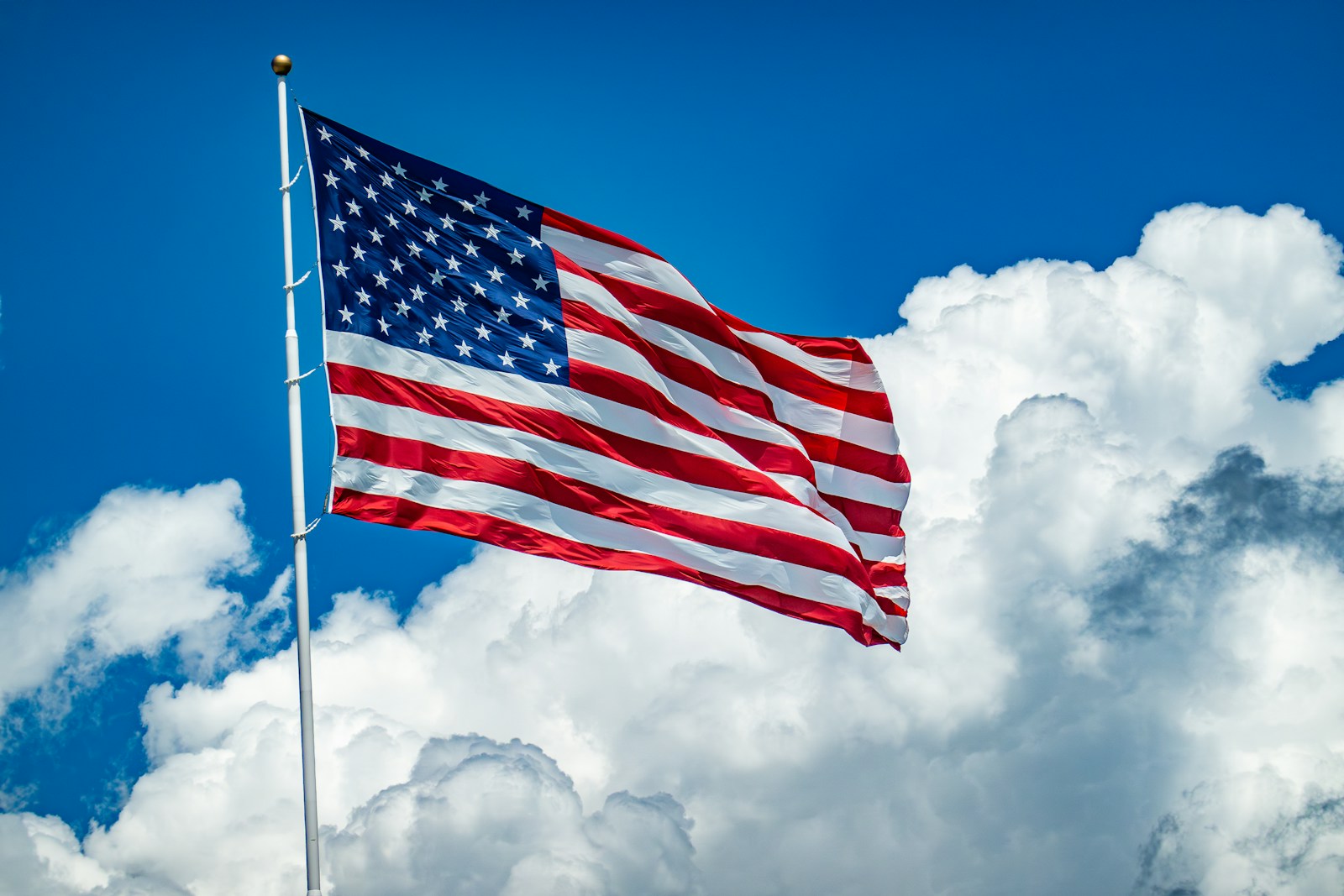Key Takeaways:
• British readers worry a second civil war could break out in the US if tensions rise.
• President Trump blames the “radical left” for most political violence after Charlie Kirk’s killing.
• Experts say a full civil war is unlikely but expect smaller armed uprisings.
• The Insurrection Act could let Trump deploy federal troops against civilians.
• A disputed election result may spark armed clashes if leaders refuse to accept defeat.
Many people in Britain now half-expect a civil war in the United States if political tempers flare more. They follow news of violent attacks on lawmakers and homes of governors with growing alarm. They also watch President Trump using harsh words against his opponents, blaming the “radical left” for unrest. Yet experts say we are more likely to face smaller armed uprisings than a full-scale civil war. Still, they warn that continued hate and chaos could push America into dangerous territory.
The Rise in Political Violence and Civil War Talk
Across America, violence has escalated. In Minnesota, attackers stormed legislative offices. In April, someone set fire to the home of Pennsylvania’s governor. These incidents alarmed people on both sides of the Atlantic. Moreover, the assassination of a high-profile activist sparked demands to end political bloodshed. However, President Trump seized on that killing to justify sending troops into cities such as Chicago and Portland. He even threatened to invade New York City. Consequently, Britain’s press began to float the idea of a second civil war in America.
Trump’s Moves and the Insurrection Act: Civil War Risks
President Trump has threatened to use the Insurrection Act to deploy federal troops for domestic policing. This law lets the president call in the military to suppress “insurrection” or rebellion. Critics say Trump may paint any protest as an insurrection. Then he could flood American streets with soldiers. As a result, peaceful demonstrations might turn violent. Indeed, Illinois’s governor accused Trump of a deliberate plan: cause chaos, fire tear gas at protesters and then claim the streets are unsafe. That would give him the excuse to send in troops. If he does, some worry it could spin into the first official use of US troops against US citizens since the Civil War.
Experts See Limited Uprisings, Not a Civil War
Despite growing fears, many analysts doubt a full civil war will break out. A senior fellow at a major think tank notes that modern definitions require at least 1,000 deaths for a conflict to count as a civil war. He argues America is more likely to see something like the Whiskey Rebellion of 1791. That was a two-year uprising by hundreds of armed farmers. It ended with some casualties but stayed far below modern civil war levels. Therefore, experts expect scattered acts of violence. They may not fit neat labels of left or right. Instead, small groups might attack targets they see as “enemy” without forming large armies on battlefields.
What Could Spark Armed Conflict?
One key risk is a dispute over election results. A professor of political sociology warns that if Republicans refuse to accept a loss, decentralized networks might take up arms. They could threaten Democratic lawmakers or minority communities they label as “un-American.” If senior Republicans fail to condemn such violence, the situation could spiral. In fact, Britain’s concern stems from seeing political leaders feed anger and fear. Therefore, an election standoff may be the spark that lights a broader clash.
British Views on US Stability
British readers have long watched America’s ups and downs from across the ocean. Yet recent events have pushed their worries into the open. They know about arson attacks, threats against politicians, and deadly street clashes. Now they hear a US president call for troops in American cities. Meanwhile, news outlets in London and Manchester run opinion pieces on whether the country can hold together. Their view of American democracy, once rock solid, feels shaky. This shift in tone shows how global observers see US turmoil as a test of the world’s biggest democracy.
What Comes Next for America?
America stands at a crossroads. On one hand, leaders could dial down the hate, call for calm, and respect democratic rules. On the other, they might stoke fear, use federal troops against citizens, and refuse to accept electoral defeat. Continued harsh rhetoric would fuel violence. Moreover, legal battles over the Insurrection Act could give presidents wide powers to crush protests. As a result, even small clashes could spread rapidly. Yet there is still time to steer clear of a civil war. Peaceful dialogue, strong institutions, and shared respect for democracy remain America’s best defense against a new armed struggle.
FAQs
Will the Insurrection Act really let a president send troops to US cities?
The Insurrection Act authorizes the president to deploy federal forces during rebellion or unrest. Courts could allow broad interpretations, making it possible to deploy troops against civilians if protests are deemed dangerous.
Could protests over an election result lead to a civil war?
A mass refusal to accept election results could spark isolated armed clashes. Yet experts believe these would be small uprisings rather than a full-scale civil war with thousands of battlefield deaths.
What might trigger large-scale violence in the US?
Key triggers include violent rhetoric from leaders, armed attacks on political opponents, refusal to concede elections, and use of federal troops against peaceful protesters. Combined, these factors could create a cycle of violence.
How worried are experts about US unity?
Experts caution that while a full civil war is unlikely, sporadic armed unrest is possible. They stress that strong democratic norms and quick condemnation of violence are vital to keep the peace.
